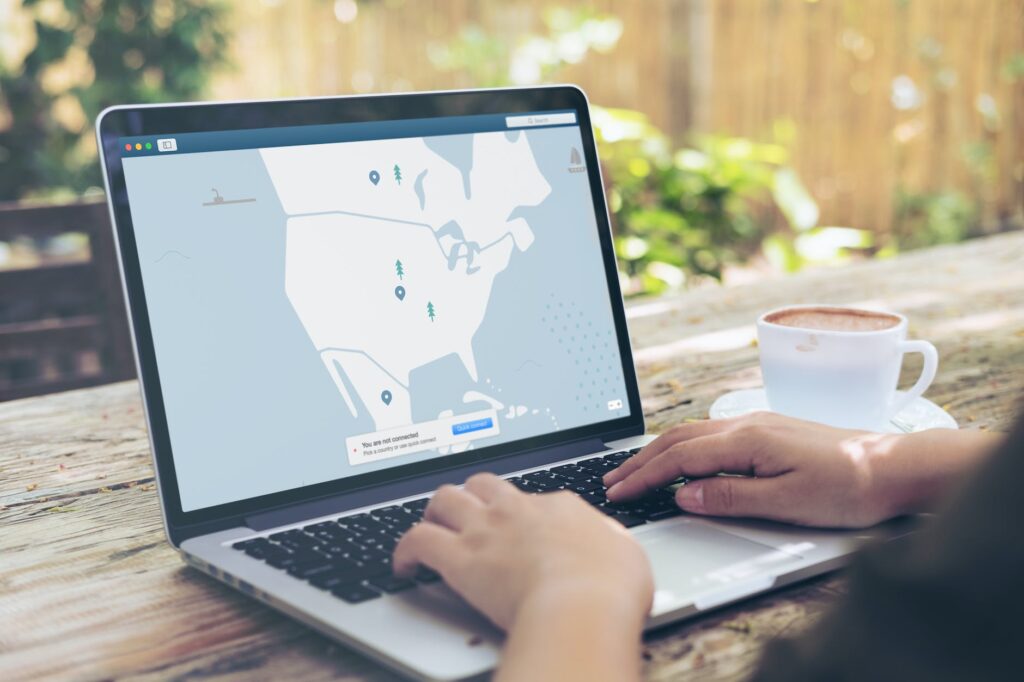Enhancing Your Online Privacy and Security with VPNs
In today’s digital age, maintaining online privacy and security is more crucial than ever. With cyber threats continuously evolving, individuals and businesses need reliable solutions to safeguard their data and activities on the Internet. One such solution is using a Virtual Private Network (VPN). VPNs not only protect your online identity but also offer a host of other benefits. This article explores how VPNs work, their benefits, and how to choose the right one for your needs.
What is a VPN and How Does It Work?
A Virtual Private Network (VPN) is a tool that helps secure your internet connection by routing it through a private server. This process effectively masks your IP address, making your online actions virtually untraceable. VPNs encrypt your data, ensuring that your information remains secure from prying eyes, such as hackers or data thieves.
When you connect to the internet via a VPN, you initiate a connection with a remote server run by a VPN host. All your online data traffic is then routed through this encrypted tunnel, significantly increasing your anonymity and security.
Benefits of Using a VPN
1. Enhanced Security
A VPN provides a robust layer of security for your online activities. By encrypting your data, VPNs protect sensitive information, such as banking details and passwords, from cybercriminals.
2. Protecting Privacy
VPNs are excellent for maintaining anonymity online. By hiding your IP address, VPNs ensure that your online activities cannot be easily traced back to you.
3. Bypassing Geo-Restrictions
Access content from around the world by bypassing geo-restrictions imposed by websites or streaming services. A VPN can make it appear as though you’re browsing from a different location, granting you access to region-locked content.
4. Safeguarding Data on Public Wi-Fi
Public Wi-Fi networks are notorious for being insecure. Using a VPN while connected to public Wi-Fi ensures your data is encrypted, adding a layer of security to your connection.
5. Avoiding Bandwidth Throttling
ISPs sometimes throttle bandwidth for specific activities, such as streaming or gaming. A VPN can help bypass such restrictions, offering a smoother online experience.
Choosing the Right VPN
When selecting a VPN, consider the following factors to ensure it meets your specific needs:
1. Security Features
Look for VPNs that offer strong encryption protocols (like OpenVPN or WireGuard) and additional security features, such as a kill switch and DNS leak protection.
2. Speed and Performance
VPN speeds can vary greatly. Choose a provider known for fast and consistent connection speeds to avoid lagging or buffering during use.
3. Server Locations
Consider the number of available server locations. The more servers a VPN has, the greater your options for bypassing geo-blocks and optimizing speed.
4. No-Log Policy
Choose a VPN that guarantees a strict no-log policy to ensure that your browsing history and personal information are not stored.
5. Compatibility
Make sure the VPN is compatible with your devices and operating systems. Many VPN providers offer apps for various platforms.
FAQs about VPNs
Q1: Can I use a VPN on my smartphone?
A: Yes, most VPN providers offer apps for Android and iOS, making it easy to secure your internet connection on smartphones and tablets.
Q2: Are free VPNs safe?
A: While some free VPNs can be safe, many come with limitations and may compromise your data privacy. It’s usually recommended to opt for a reputable paid VPN service.
Q3: Does using a VPN slow down my internet connection?
A: VPNs can slow down internet speed due to the encryption process. However, premium VPN services typically minimize this impact.
Q4: Can a VPN prevent all cyber threats?
A: While VPNs greatly enhance online security, they are not a catch-all solution. It’s essential to also employ other protective measures, such as antivirus software and safe browsing habits.
Q5: Is using a VPN legal?
A: VPNs are legal in most countries, but some regions have restrictions. It’s advisable to check local laws before using a VPN.
VPNs are an invaluable tool for anyone looking to enhance their online privacy and security. By understanding their benefits and how to choose the right service, you can significantly improve your online experience and protect your sensitive data.



